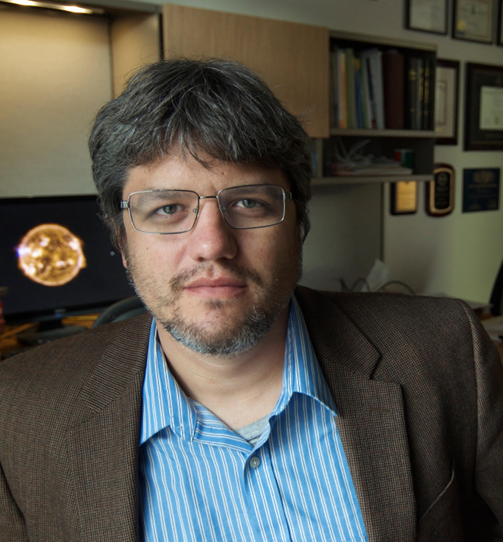
Join the U.S. Department of Energy (DOE) Bioenergy Technologies Office’s (BETO) Chemical Catalysis for Bioenergy Consortium (ChemCatBio) on January 29, 2025, 2:00–2:45 p.m. ET, for a webinar on programmable catalysis for chemical energy technology.
Catalysis enables new frontiers in energy such as converting biomass to high-value products and storing energy from abundant renewable energy. However, challenges remain when catalysts are slow, expensive, or produce too many side products.
To address this, researchers have created a new class of programmable catalytic materials that oscillate in electronic state at the natural frequencies of elementary reactions and catalytic cycles using external perturbation (i.e., a program). By manipulating the charge of the active site for chemistry, it becomes possible to dynamically change the chemical energy landscape, leading to faster and more controllable reactions. Surface electronic oscillations in devices such as a “catalytic condenser” can accelerate reactions at resonance conditions leading to thousand-fold rate enhancement, even beyond the Sabatier catalytic rate limit.
In this webinar, Paul Dauenhauer—a University of Minnesota Distinguished McKnight University Professor and director of the Center for Programmable Energy Catalysis, a DOE Energy Frontier Research Center—will introduce concepts of programmable chemistry and present experimental and computational results, the design of experimental catalytic devices, and the principles associated with this emerging field of chemistry.
The webinar will end with a Q&A session; comments and questions are welcome. Register now!

